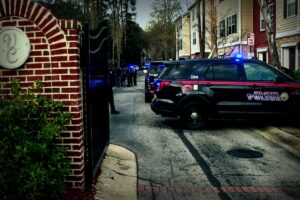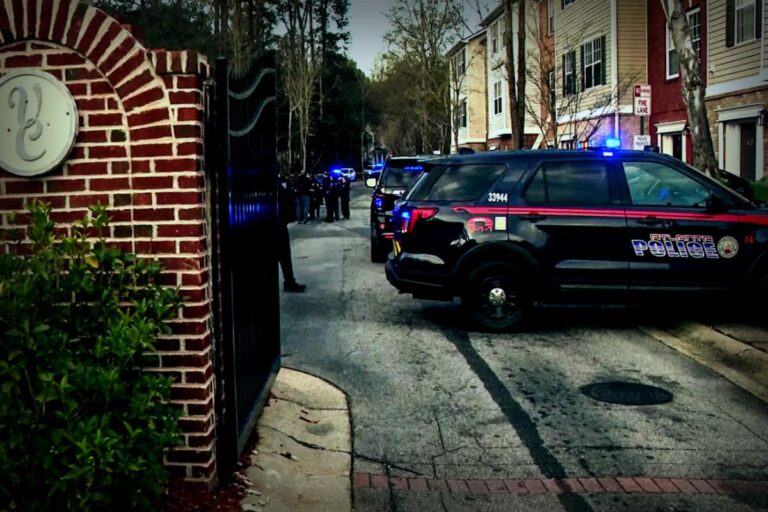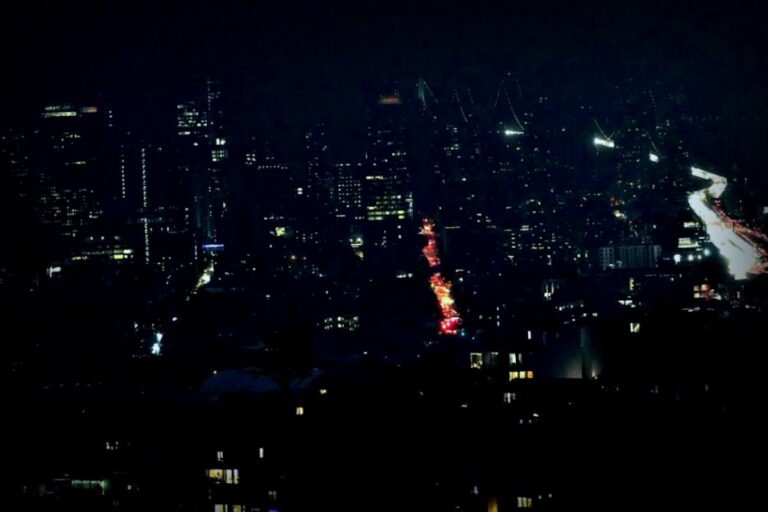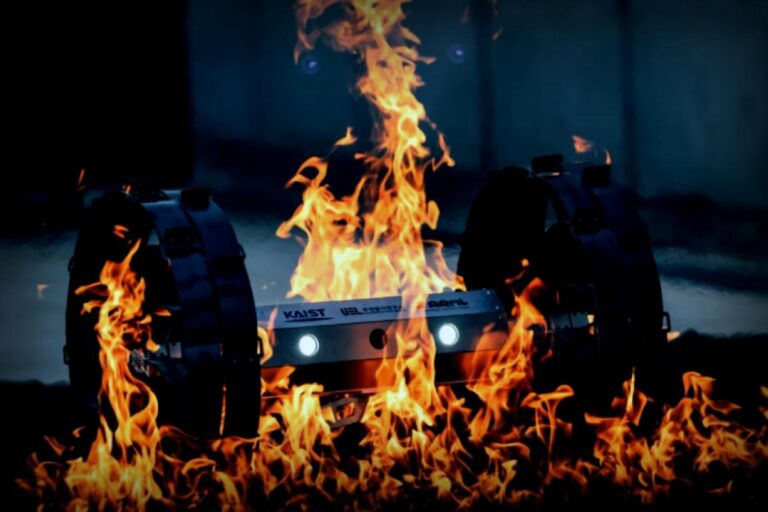On Monday night, a remarkable law enforcement operation unfolded in Washington DC, involving about 850 officers and agents who executed a “massive law enforcement surge.” This sweep resulted in nearly two dozen arrests, according to a statement from the White House.
The action followed President Trump’s announcement about deploying the National Guard in the city and placing local police under federal control, an unusual move given that the violent crime rate is currently hitting a 30-year low.
Press Secretary Karoline Leavitt briefed reporters, stating, “As part of the president’s significant law enforcement effort, we surged about 850 officers and agents throughout the city last night, leading to 23 arrests among various criminal contacts.”
The charges brought against individuals included homicide, firearms-related offenses, and drug distribution. Additionally, law enforcement managed to seize six illegal handguns during the operation.
Leavitt emphasized, “This is just the starting point. Over the next month, the Trump administration aims to apprehend every violent offender in the district who threatens public safety.”
During the Q&A, podcast host Benny Johnson reminisced about personal crimes endured over his 15 years in Washington, expressing gratitude towards Leavitt for efforts toward safety improvements, stating, “Thank you for making the city safe.”
Johnson then provocatively inquired whether Trump might recognize a young hero, Edward Coristine, with the Presidential Medal of Freedom for his courageous acts in thwarting a carjacking last week. Leavitt hinted, “While it’s not something we’ve discussed directly, it could be considered.”
Later, Leavitt addressed the city’s homeless situation, stating they would be offered shelter and essential services, insisting, “If they refuse assistance, they will be subject to fines or jail time due to existing laws that haven’t been enforced.”
Trump’s intervention has drawn significant criticism as an authoritarian maneuver, diluting the local government’s autonomy while deflecting from various political issues, including the controversial Jeffrey Epstein dossier.
Earlier in the day, DC Mayor Muriel Bowser affirmed a cooperative stance with federal officials as National Guard troops arrived in the capital. After meeting Attorney General Pam Bondi, Bowser commented, “I can’t disclose our operational strategy yet, but you’ll witness cooperating efforts between the Metropolitan Police Department (MPD) and federal partners aimed at public safety.”
Bowser has carefully navigated her relationship with the Trump administration since January. On Tuesday, she expressed optimism about efficiently utilizing additional federal resources to combat crime.
“My priority is ensuring we leverage this federal surge and the extraordinary support from MPD to curb crime effectively,” she said.
However, other Democratic leaders expressed differing viewpoints, cautioning against expanding Trump’s law-and-order agenda into their cities.
Trump voiced his concerns on Monday regarding crime rates in major cities like Chicago, Los Angeles, and New York, using them as examples of areas needing federal attention. He remarked, “Those cities are often overshadowed now, they’re so in crisis.”
Critically, a White House deputy chief of staff, Stephen Miller, took to social media to argue crime statistics in predominantly Democratic cities are skewed, alleging that the true extent of urban chaos is dramatically underreported, saying, “Democrats are attempting to dismantle order;President Trump will rectify this.”
Interestingly, all five cities Trump mentioned are headed by Black mayors, many of whom showed discontent regarding his power appointment. Brandon Johnson, Chicago’s mayor, expressed his skepticism in a statement, asserting, “Deploying the National Guard would only destabilize our community and threaten our public safety initiatives.”
Baltimore Mayor Brandon Scott emphasized the city’s growing safety record, countering Trump’s comments. “President Trump needs to acknowledge the significant improvements we’re experiencing in Baltimore,” stated Scott. Likewise, Oakland Mayor Barbara Lee criticized Trump’s portrayal of her city as misleading. Los Angeles’ Karen Bass called the intervention “performative,” urging against federal overreach.
Utilizing existing constitutional powers, Trump sought to assume control over the DC police and promote a federal response to safety issues, causing ripple effects of concern about similar tactics being employed elsewhere, as raised by Washington councilmember Christina Henderson.
Amid warnings from state leaders like California’s Governor Gavin Newsom—which viewed Trump’s actions as potential militarization of urban environments—his Illinois counterpart JB Pritzker fiercely opposed any federal troop deployment, providing historical perspective on America’s past threats against democratic governance.


















